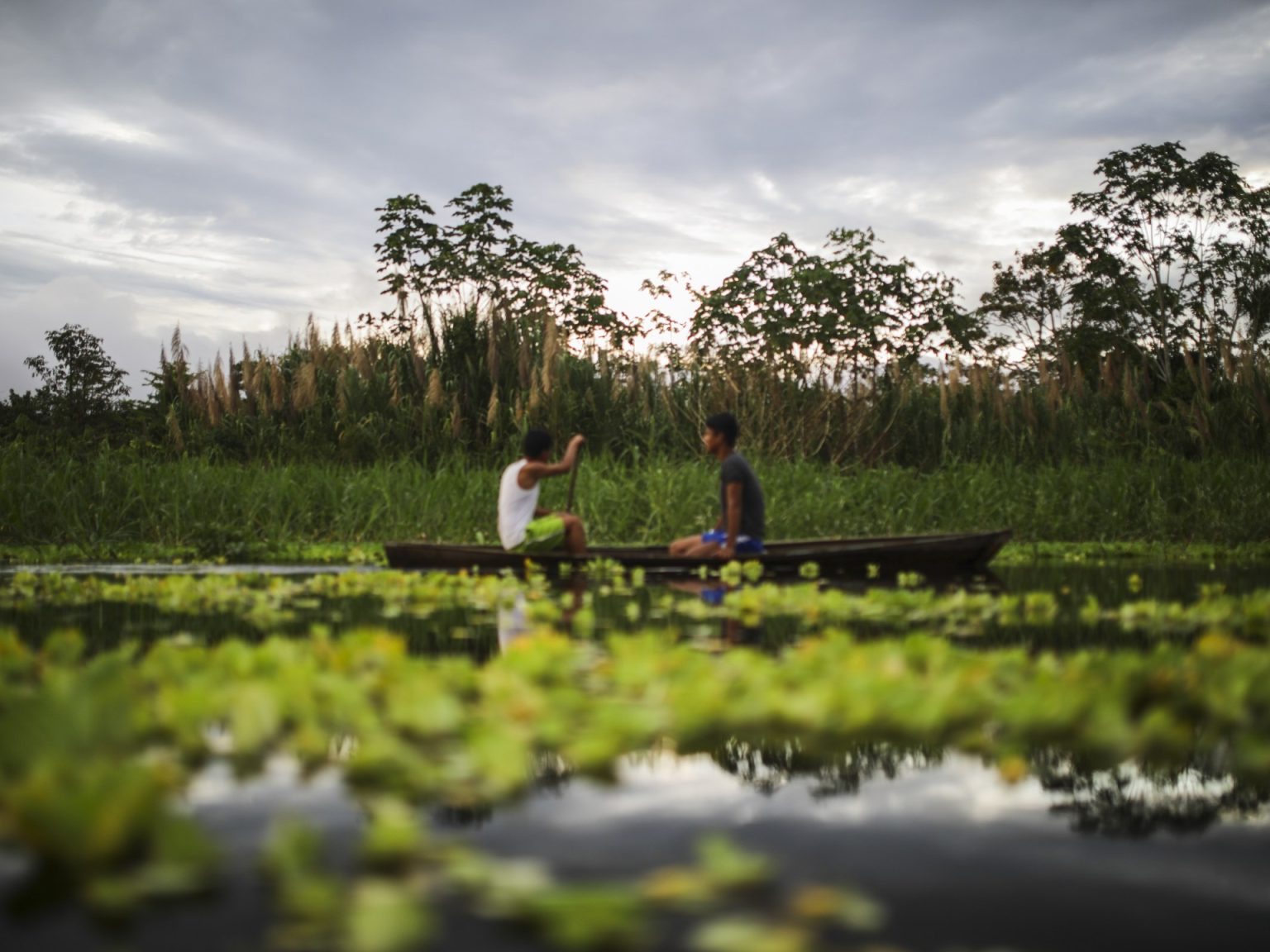In Ecuador, a petition has been submitted to recognize Los Cedros cloud forest as a co-creator of a song called “Song of the Cedars”. This petition aims to grant legal recognition to nature’s role in artistic creation, potentially setting a new precedent in environmental and copyright law. The More than Human Life (MOTH) project advocates for the rights of humans and non-humans, demanding that the forest be given formal credit as the co-creator of the song composed by musician Cosmo Sheldrake, writer Robert MacFarlane, and field mycologist Giuliana Furci from the Fungi Foundation.
Special rights were extended to natural areas in Ecuador when the country adopted a new constitution in 2008, making it one of the first countries to recognize the inalienable rights of an ecosystem. The Rights of Nature (RoN) Articles in the Ecuadorian Constitution emphasize nature’s right to exist, persist, maintain, regenerate its cycles, and be restored. The court in Ecuador has invoked these rights in judicial decisions to promote sustainable development and protect the environment.
Other countries have also granted legal rights to nature spots, including New Zealand, Bangladesh, and Colombia. In New Zealand, the Te Urewera mountainous area and the Whanganui River were granted legal personhood, recognizing their rights to exist beyond human ownership. In Bangladesh, all rivers in the country were declared as “living entities” with the National River Conservation Commission as their legal guardian. In Colombia, the Amazon rainforest was designated with “personhood” status after a legal challenge by children and youths over climate change and deforestation.
The idea of granting legal rights to nature originated in the 1970s when the Sierra Club filed a lawsuit against a ski resort development in Sequoia National Park, leading to discussions about granting natural ecosystems legal standing in court. US academic Christopher Stone’s paper “Should Trees Have Standing – Toward Legal Rights for Natural Objects” argued for legal rights for nature similar to corporations. While there have been precedents for granting legal rights to nature spots in various countries, there has been no previous case of giving natural ecosystems rights to art or music before the current petition in Ecuador.
In regards to animals, in 2014, Argentina’s AFADA filed a habeas corpus petition on behalf of an orangutan named Sandra as a “non-human” person with legal rights. Sandra was initially denied personhood rights but was later granted them by Argentina’s Federal Chamber of Criminal Cassation in 2015. She was moved to a sanctuary in Florida, known for its proper care of orangutans. This case highlights the ongoing discussions and legal challenges surrounding the rights of animals and non-human entities in different jurisdictions.













